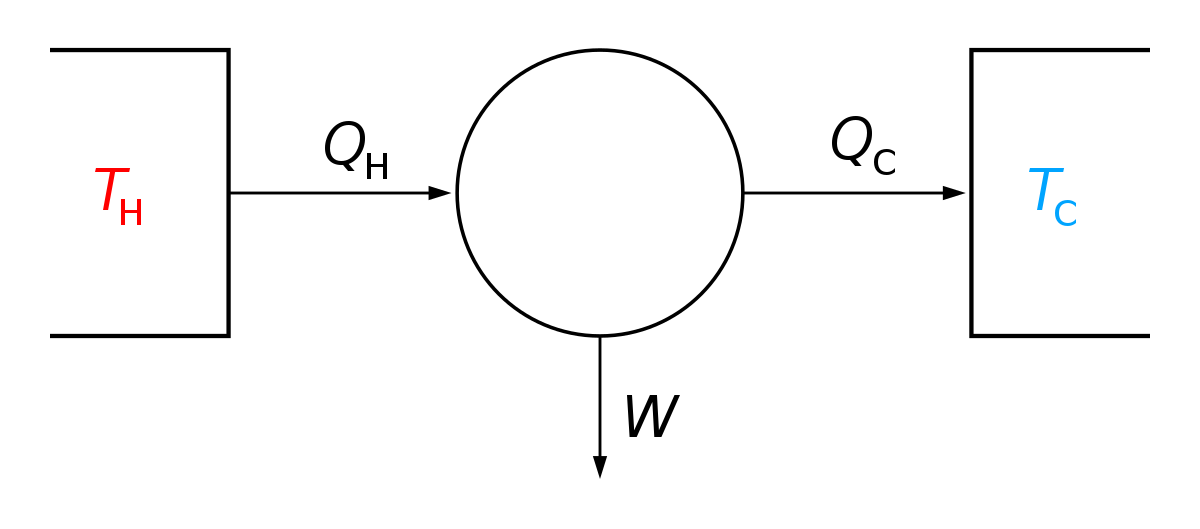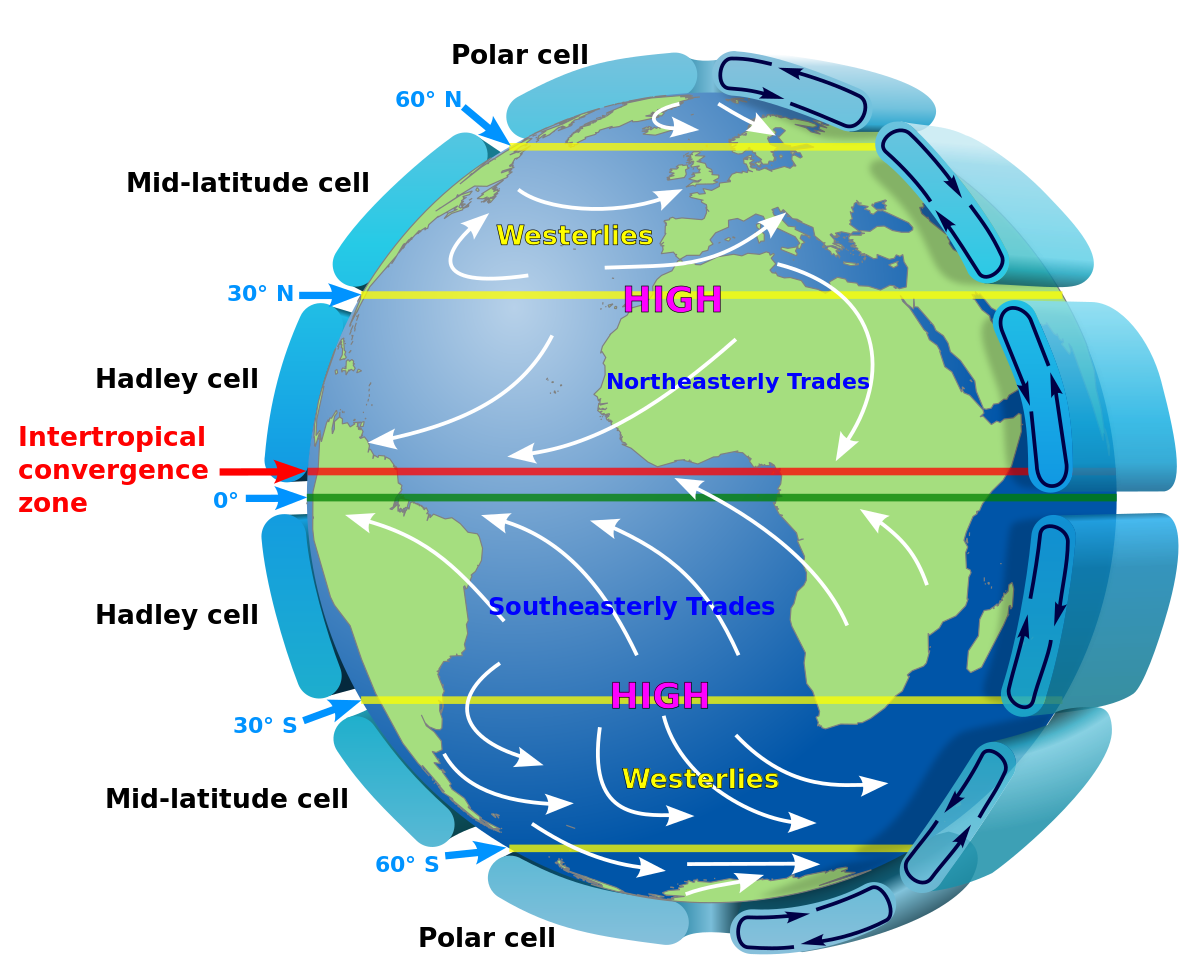jc456
Diamond Member
- Dec 18, 2013
- 150,344
- 34,501
- 2,180
Can two co2 molecules radiating at each other in the atmosphere get warmer?Not correct. Co2 remains up there for a looooong time.
Follow along with the video below to see how to install our site as a web app on your home screen.
Note: This feature may not be available in some browsers.
Can two co2 molecules radiating at each other in the atmosphere get warmer?Not correct. Co2 remains up there for a looooong time.
Who cares?Not correct. Co2 remains up there for a looooong time.
The point is that they trap heat, and the more Co2 molecules the more heat is trapped, resulting in more water vapor being held as well, which increases the temperature even more.Can two co2 molecules radiating at each other in the atmosphere get warmer?
People that take it seriously.Who cares?
The point is that they trap heat, and the more Co2 molecules the more heat is trapped, resulting in more water vapor being held as well, which increases the temperature even more.
Frank, I've thought about that question, and the real question in my mind is how much CO2 does one ICE vehicle contribute? Coal Power plant? I mean, if they say they can track CO2 now, your earlier graphs, then what is the CO2 out of car or plant?
Until it's hot enough to melt lead.
Naw, the heat is absorbed by the oceans. They moderate the climate, or drive it to extremes.Until it's hot enough to melt lead.
Naw, the heat is absorbed by the oceans. They moderate the climate, or drive it to extremes.

Ocean heat drives hurricanes and typhoons while moderating the climate in other places, so we can have it both ways. Ocean heat is also concentrated in some places, i.e. El Nino.One or the other, my friend ... we can't have oceans moderating weather and driving it to extremes ... dear Lord almighty, the oceans can absorb truly satanic amounts of energy with very little temperature change ...

Specific heat capacity - Wikipedia
en.wikipedia.org
Table of specific heat capacities - Wikipedia
en.wikipedia.org
Water takes ≈ 4 times the energy of dry air to raise temperatures 1ºC ...
what heat do they trap? And, what do they do with what they trap? Can they make each other hotter? If not, then the heat they trap is the surface heat and it isn't warmer than the surface. So, how the fk can it make the surface warmer?The point is that they trap heat, and the more Co2 molecules the more heat is trapped, resulting in more water vapor being held as well, which increases the temperature even more.
take what seriously?People that take it seriously.
does the water make what it absorb hotter? That doesn't happen to a glass of water sitting on a counter! Or does your water make your own water hotter where you no longer need a water heater?Naw, the heat is absorbed by the oceans. They moderate the climate, or drive it to extremes.
Ocean heat drives hurricanes and typhoons while moderating the climate in other places, so we can have it both ways. Ocean heat is also concentrated in some places, i.e. El Nino.

So if the energy “warming the deep ocean” is coming from atmospheric CO2 that must mean the air is at least 4 times warmer, right?One or the other, my friend ... we can't have oceans moderating weather and driving it to extremes ... dear Lord almighty, the oceans can absorb truly satanic amounts of energy with very little temperature change ...

Specific heat capacity - Wikipedia
en.wikipedia.org
Table of specific heat capacities - Wikipedia
en.wikipedia.org
Water takes ≈ 4 times the energy of dry air to raise temperatures 1ºC ...
and to date, none of the warmers has stated how the CO2 in the atmosphere can get warmer than what is absorbed.So if the energy “warming the deep ocean” is coming from atmospheric CO2 that must mean the air is at least 4 times warmer, right?
Greenhouses are carefully vented in warmer weather, if not they become solar collectors, which would kill the plants inside.what heat do they trap? And, what do they do with what they trap? Can they make each other hotter? If not, then the heat they trap is the surface heat and it isn't warmer than the surface. So, how the fk can it make the surface warmer?
70 degrees is 70 degrees no matter where it is detected. 70 doesn't make 70 hotter. If that did happen, we'd explode. I've never seen a greenhouse explode.
The driving force is heat, which increases the size and speed of a storm.Hurricanes draws energy from the oceans ... but where does the energy go? ... the other half of the Law of Conservation of Energy ...
I'm sorry, the driving force here is convection, and that means gravity ... and cyclones of all types moderate climate in all places world-wide ... they are part of the convective process of energy transfer ...
Ocean "heat" is concentrated along the equator on the surface ... and this, in turn, heats the lowest part of the atmosphere ... both ocean surface currents and atmospheric circulation drive this excess energy toward the poles ... convection ... cyclones are best modeled as turbulence in this flow ...

Atmospheric circulation - Wikipedia
en.wikipedia.org
Co2 molecules hold more heat than the other gases. Increases in Co2 increases atmospheric heat.and to date, none of the warmers has stated how the CO2 in the atmosphere can get warmer than what is absorbed.